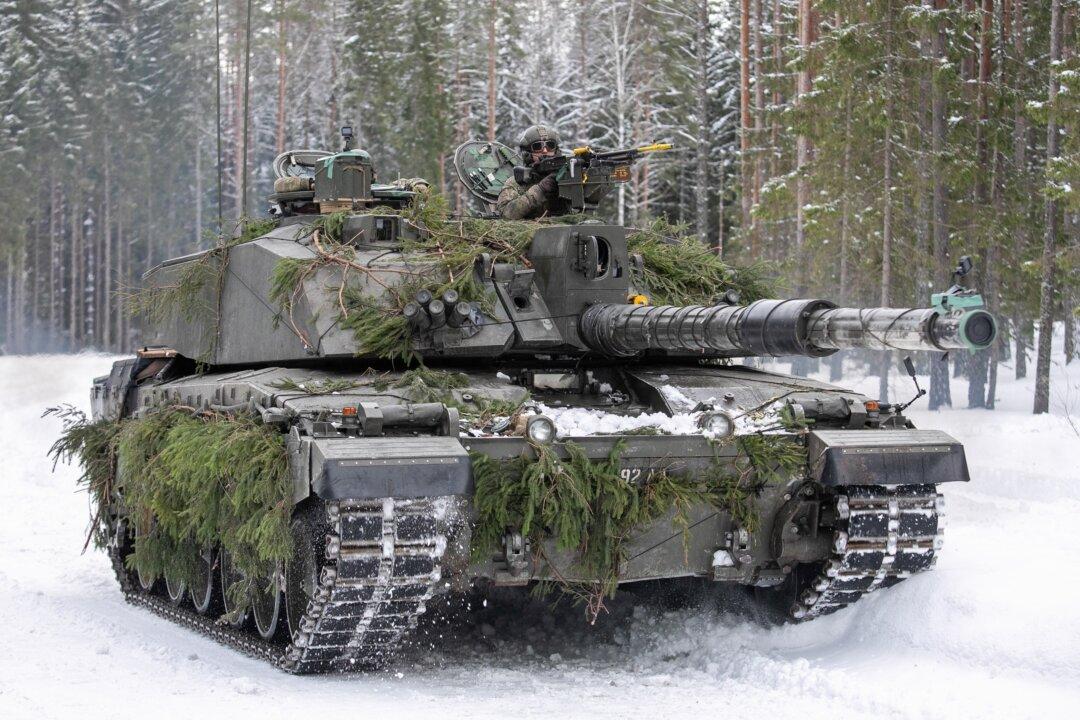NATO is planning to deploy “substantially more forces” to its eastern flank amid the ongoing war in Ukraine, as Secretary-General Jens Stoltenberg says he rejected any role for NATO forces in Ukrainian territory or in its airspace.
“On land, our new posture should include substantially more forces in the eastern part of the alliance, at higher readiness, with more pre-positioned equipment and supplies,” Stoltenberg told reporters in Brussels on March 16, at the end of an emergency meeting of the alliance’s defense ministers.





